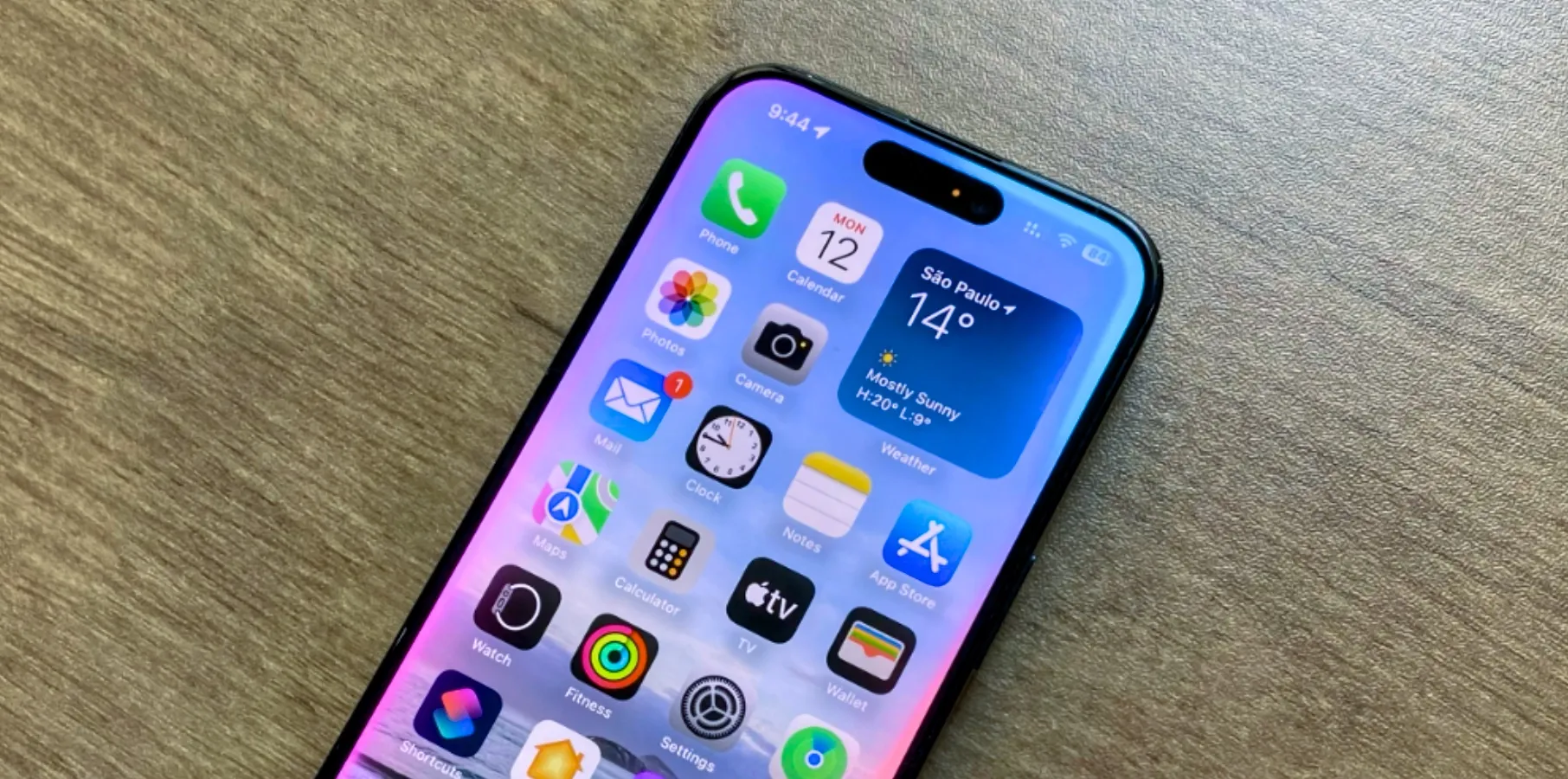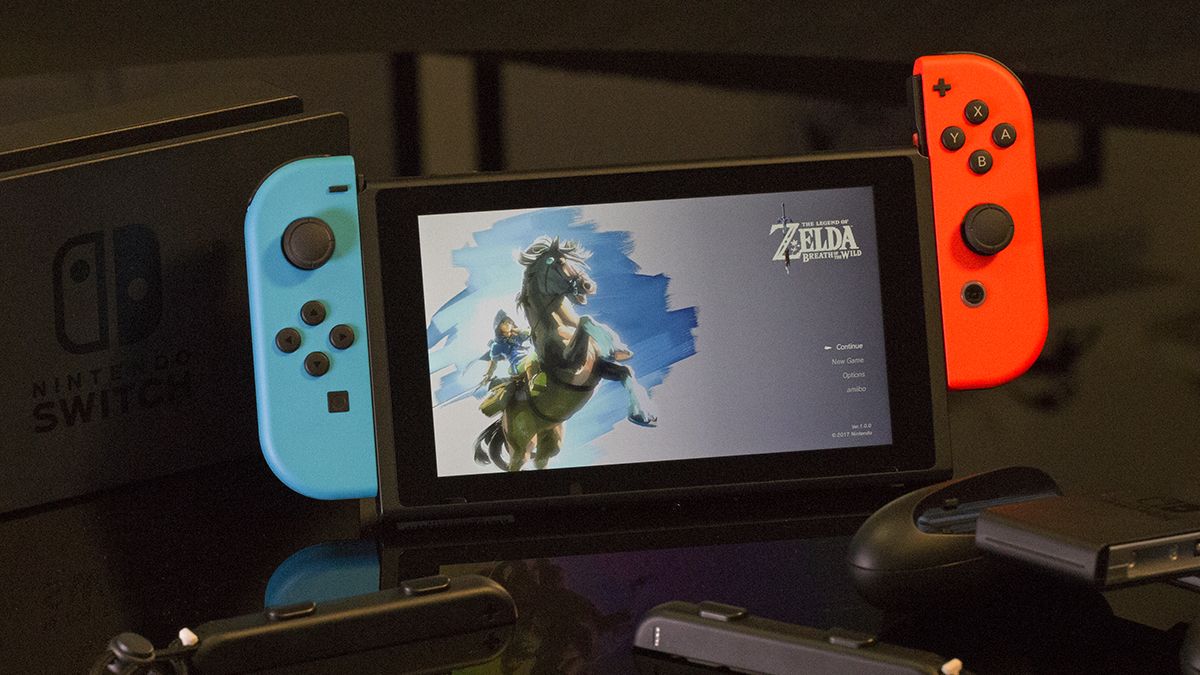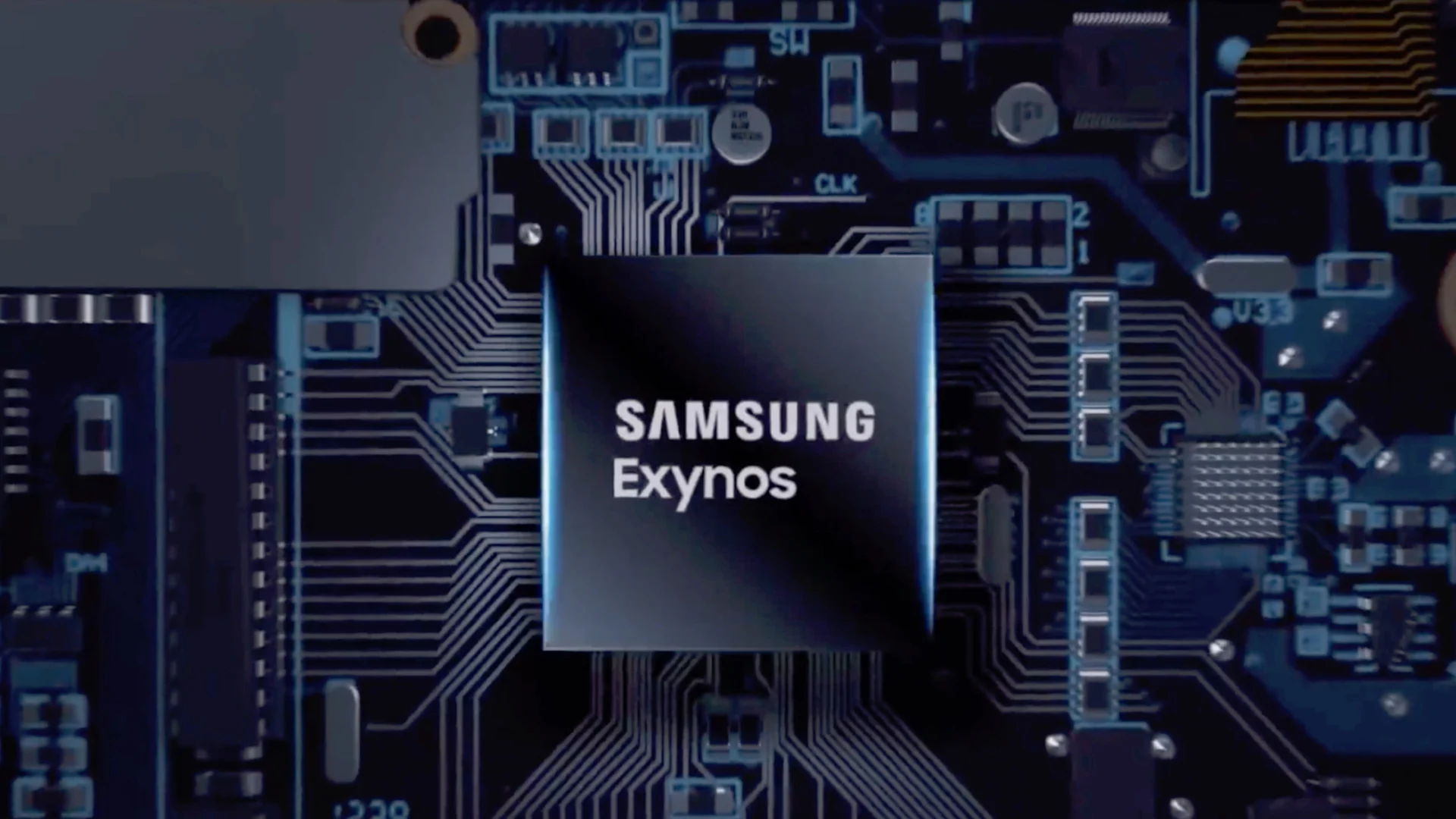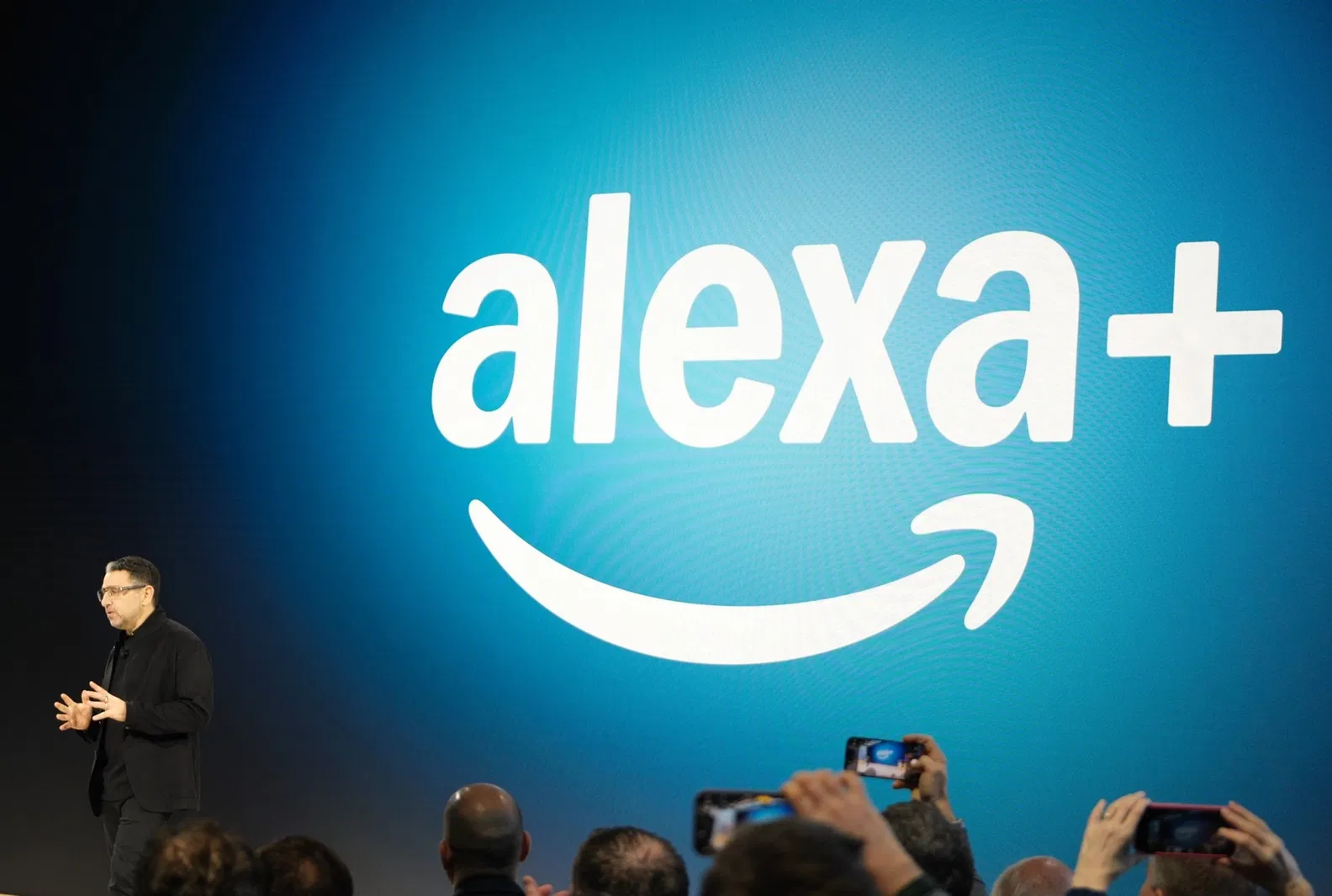Are the days of children yearning for the latest PlayStation console numbered? According to a top executive at Netflix, the answer might surprise you. Mike Verdu, Netflix’s Vice President of Game Development, recently stirred up a significant discussion within the gaming industry by suggesting that younger generations are increasingly focused on mobile gaming experiences rather than traditional console ownership. This bold statement, coming from a leader in a company actively expanding its presence in the gaming world, has sent ripples across the tech landscape, prompting gamers, analysts, and parents alike to question the future of how kids engage with interactive entertainment.
Verdu’s comments, made at a prominent tech industry event, weren’t just casual observations. He stated that internal research conducted by Netflix indicates a notable shift in the gaming aspirations of children. Instead of eagerly anticipating the release of a PlayStation 6 or the next Xbox, today’s youngsters appear more attuned to the readily accessible and often free-to-play world of mobile games on their smartphones and tablets. This revelation challenges the long-held assumption that owning a powerful console remains a pinnacle of gaming desire for kids.
So, what’s driving this potential paradigm shift? Several factors likely contribute to this evolving landscape. The most obvious is the sheer ubiquity of mobile devices. Most children today have access to a smartphone or tablet, either their own or shared within the family. These devices are not solely for communication or education; they are also powerful handheld gaming machines capable of running a vast library of games, many of which are specifically designed to be engaging and accessible to younger audiences.
Consider the appeal of games like “Roblox” or “Minecraft: Pocket Edition.” These titles are immensely popular among children and are readily available on mobile platforms. They offer social interaction, creative freedom, and endless replayability, often without the hefty upfront cost associated with console games and hardware. The barrier to entry for mobile gaming is significantly lower than purchasing a dedicated console, controllers, and individual games.
Furthermore, the business models prevalent in mobile gaming often resonate with younger players and their parents. While some mobile games offer in-app purchases, many provide hours of free entertainment, supported by advertisements. This contrasts with the traditional console model, where a significant investment is required upfront. For budget-conscious families, the accessibility and affordability of mobile gaming make it a compelling alternative.
Netflix itself is a prime example of a company recognizing this trend. Their foray into gaming has primarily focused on offering mobile games to their subscribers. This strategy aligns perfectly with Verdu’s observations about the gaming preferences of younger audiences. Netflix isn’t trying to compete directly with the console giants in their traditional arena. Instead, they are leveraging their existing platform and the widespread adoption of mobile devices to reach a vast audience with a diverse catalog of games.
However, it’s crucial to approach Verdu’s statement with a nuanced perspective. While mobile gaming’s popularity among children is undeniable, it doesn’t necessarily mean that the desire for console gaming has completely vanished. Many children still enjoy the immersive experiences and high-fidelity graphics that consoles offer. Games like “Spider-Man,” “Horizon,” and “Mario” continue to capture the imaginations of younger players, and the social aspect of playing games with friends on a big screen remains a powerful draw.
Perhaps the reality is not a complete abandonment of consoles but rather a shift in priorities and access points. For many children, mobile gaming might be their primary mode of gaming due to its convenience and affordability. Consoles might still be desired, but they might not hold the same level of aspirational dominance they once did.
The long-term implications of this potential shift are significant for the gaming industry. If younger generations are indeed gravitating more towards mobile gaming, console manufacturers will need to adapt their strategies to remain relevant. This could involve exploring more cross-platform experiences, focusing on unique selling propositions that mobile gaming can’t replicate, or even re-evaluating their pricing models to be more competitive.
Moreover, the rise of cloud gaming services could further blur the lines between different gaming platforms. Services like Xbox Game Pass and PlayStation Plus offer access to vast libraries of games across various devices, including mobile phones and tablets. This could potentially make console ownership less essential for accessing high-quality gaming experiences.
Verdu’s comments serve as a wake-up call for the traditional console gaming world. While the allure of powerful hardware and exclusive titles remains strong, the gaming landscape is constantly evolving. The accessibility, affordability, and sheer convenience of mobile gaming have undeniably captured the attention of younger audiences. Whether this translates to a complete decline in the dream of owning a PlayStation remains to be seen, but it certainly signals a significant shift in the way children perceive and engage with the world of interactive entertainment. The future of gaming for kids might very well be in the palm of their hands, quite literally. This development warrants close attention from everyone invested in the gaming industry and the entertainment habits of the next generation.










Add Comment